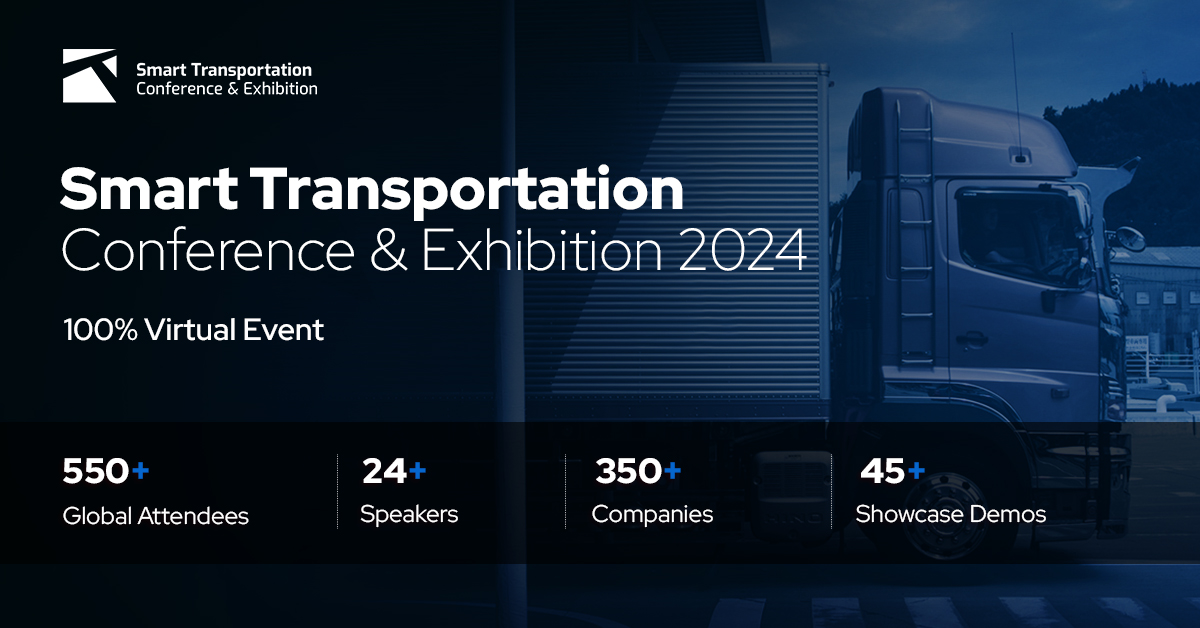Roadmap to Transformation: How the Fusion of Vehicle Technologies is Reshaping Future Mobility Services
Sunil Budhdeo, Coventry City Council’s Transport Innovation Manager, boasts 35+ years in Traffic, Transport, and ITS. His leadership highlights include spearheading projects like Urban Airport (E-VTOL) and pioneering the UK’s first 4G Mesh network. Sunil’s commitment to innovation sets new standards in the Transport Sector, transforming the future of mobility services. In this blog, we delve into his profound insights, exploring how vehicle technology integration is reshaping urban transportation.
The integration of vehicle technologies is poised to create a transformative impact on the landscape of future mobility services. With the urban environment at the forefront, this convergence promises a range of benefits, including encouraging behavioral change towards more sustainable transportation choices. As seen in Coventry, the implementation of these technologies can effectively enhance traffic management, reducing congestion, pollution, and yielding significant economic and social advantages. Citizens and tourists alike stand to gain from improved mobility experiences, thanks to the seamless integration of various vehicle technologies.
Furthermore, this integration serves as a robust test bed for the future development of vehicle technologies and transport systems. By introducing concepts like Micro Mobility, Urban Airports, Autonomous and Electric Vehicles, the city not only positions itself as a pioneer but also takes tangible steps toward achieving net-zero targets. As an example, the introduction of Very Light Rail showcases the commitment to innovation in transportation solutions, further contributing to a greener and more efficient urban environment. This holistic approach to integrating vehicle technologies isn’t just a visionary glimpse of the future – it’s a concrete stride towards reshaping mobility systems, enhancing quality of life, and meeting sustainability goals.







